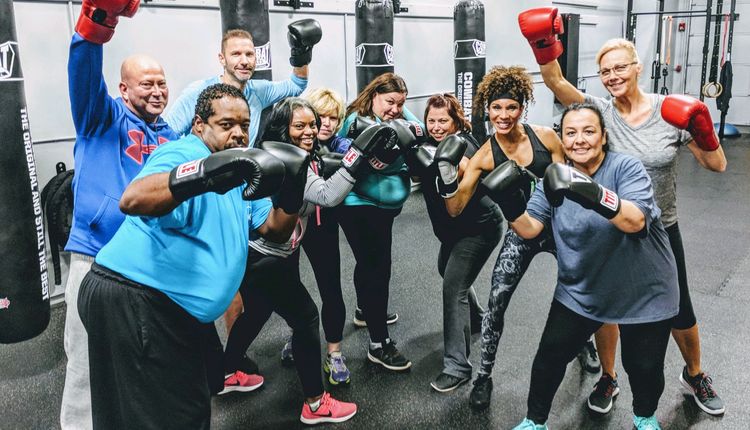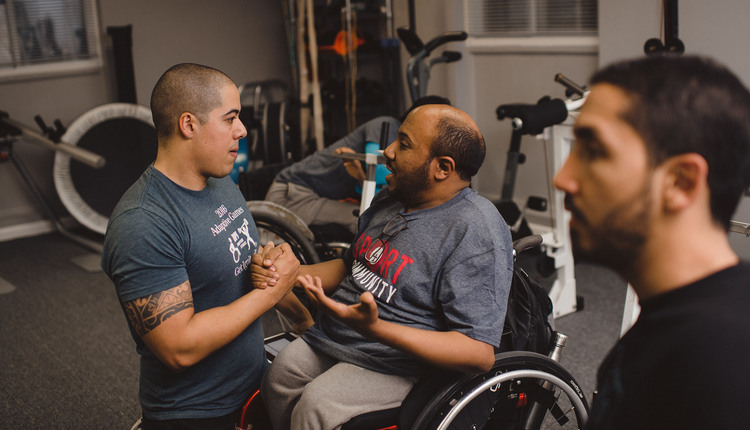
Up until a few years ago, the idea of getting a college degree over the internet may have seemed completely odd to most. Until recently, our notion of receiving a degree or certification was generally associated with sitting in a classroom among our peers with a qualified instructor transferring knowledge, leading discussions and assigning homework. The model of education has drastically changed and there are now countless media of learning and education.
Education is no longer only offered in the form of formalized degrees or certifications, structured training or pre-determined syllabi; with so many accessible options for learning there is almost no excuse for not continuing to learn. With the advent of the internet and in particular social media and social communication tools like Skype, WebEx, membership sites and online and phone conferencing, the platform for education offers our industry even more opportunities to become more expert at what we do. However, this begs the question: When it comes to receiving "formal" education in order to attain a degree or certification, what platform is optimal: online or classroom?
If I asked 10 fitness professionals this question, I presume I would get 10 different viewpoints. Learning styles are different for each individual and acknowledging and understanding how you learn best will help you maximize your learning potential. In my case, I learn best when I am in a classroom setting; I like the interaction of other peers and the opportunity to learn hands-on, so I prefer and enjoy live conferences, workshops, seminars and in-person training. There are several workshops and seminars I've taken online that have been productive and I like to incorporate these frequently as well.
When considering whether online or classroom education, here are a few pros and cons to consider for each:
Online Training & Education
Pros:
- Cost savings: Most courses/seminars are free or less expensive than classroom education.
- Convenient: Many courses/seminars can be done on your own time, replays are often offered and you may be able to schedule based on your availability.
- No travel required saving you time and money.
Cons:
- Interaction and discussion with other professionals and hands-on learning may be limited.
- Because it is very easy to set-up and offer courses/seminars online or over the phone, it is in your best interest to verify the credibility of the person or organization offering the course.
- You may be more likely to be distracted if you are in your own environment (i.e. your office or home).
Classroom Education (including college settings, conferences, seminars, workshops, etc.)
Pros:
- Interaction and networking with other professionals and an opportunity to learn hands-on skills.
- Offers an environment with less distraction.
- Usually offered by credible institutions or individuals because of the costs typically associated with hosting a live course/seminar.
Cons:
- Typically entails a financial investment to attend.
- Usually requires more significant commitment of your time, including travel.
- Less flexible since most courses/seminars are on a predetermined schedule.
Regardless of whether you choose to invest your time, money and energy in online or classroom education or a combination of both, the main point is that you are continually learning and honing your skills and knowledge as a fitness professional. As an industry, we are fortunate to have so many platforms to learn. Take advantage of the opportunities and watch your business and your satisfaction with your career grow exponentially!

















